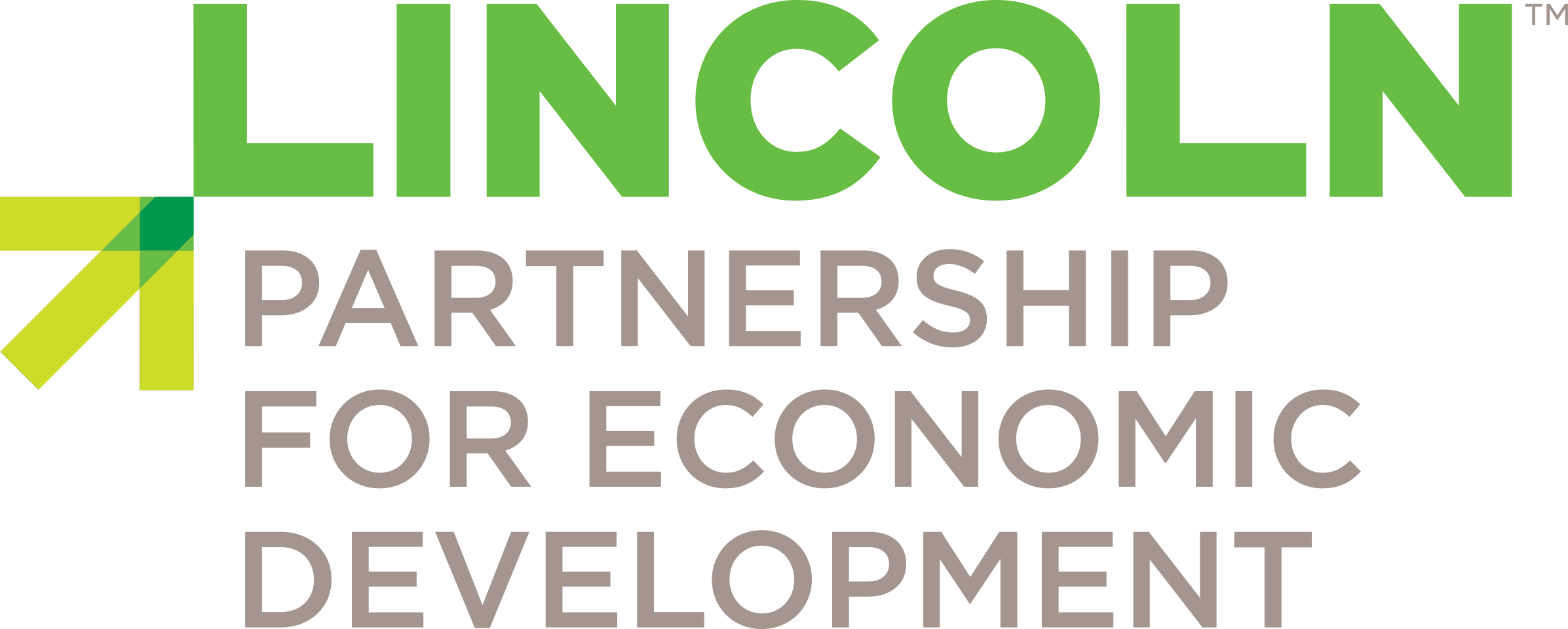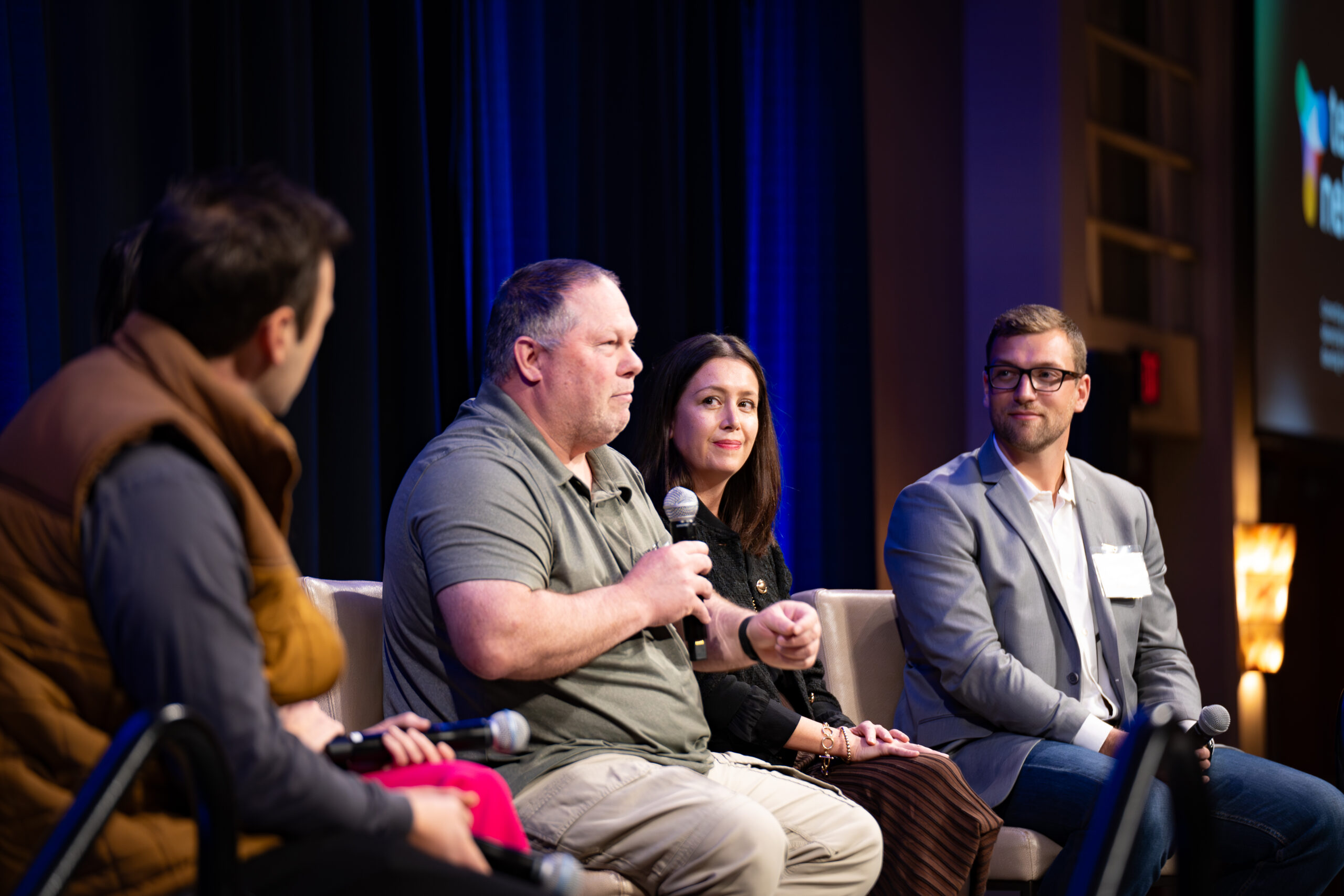
Chuck Norris spearheads investment activity for Lincoln-based Nelnet, whose portfolio includes numerous Nebraska companies. Photo courtesy of Norris.
For Lincoln-based Nelnet, investing in local startups is part business and part contributing to an “ecosystem” of strong startups and growing businesses in Nebraska.
“If we can create a better environment in our community for startups, technology, whatever it is, that’s only going to benefit Nelnet,” said Ben Kiser, Nelnet’s managing director of communication services. Creating a community with more creative, talented, and smart people, he said, “is only going to make a better community.”
Nelnet is an education planning and education finance company, but it has a long history of diversifying by investing in small businesses, both related and unrelated to education.
Some of that investment happens internally, like with Floor 99, a “provider of private, secure cloud computing platforms for small and mid-sized organizations,” and Total Well Being, a company that offers customized employee wellness programs.
“A lot of times it’s been a problem that we’ve had to solve,” said Chuck Norris, whose business card uses the title “Capital Markets” and who generally spearheads Nelnet’s investment activities. After Nelnet “invests” in solving its own problem, it tries to find a way to offer those solutions to others.
Nelnet also acquired several smaller companies, along with the entrepreneurs associated with them, between about 2003 and 2007. When these entrepreneurs get “antsy” in the “corporate world,” Norris said, Nelnet tries to give them leeway and support to, well, be entrepreneurial.
For example, after Nelnet acquired infiNET Solutions, its co-founder Harvey Gannon spent some time mentoring people within Nelnet and helping them develop business plans. Gannon now is an Executive Director for Nelnet and the CEO of CampusGuard, a Nelnet company that provides “compliance and security for higher education.”

Other investments are focused outside the Nelnet umbrella. Nelnet has been involved with the Nebraska Angels since its inception and has made two investments through the organization, in Lincoln-based MRail and Wichita-based Nitride Solutions. Nelnet also made a $5 million commitment to Nebraska Global, where Norris serves on the board.
And, Nelnet has invested directly in Lincoln-based Allied Strategy and Hudl and Omaha-based Xuba.
“They really care about growing a community of explosive, growing, high-impact kind of companies,” said John Wirtz (left, photo from hudl.com), COO of Hudl.
That commitment to the community has yet to yield any measurable outcomes, Norris said, explaining that each investment was made within the past two years and his expectation for investment return is three to five years. But, Nelnet’s commitment to the “ecosystem” remains strong, and Norris and his colleagues continually look for more investments.
Norris said his inquiry into startup investments is generally pretty simple. First, he asks: Is it an interesting idea? Then: What’s the market? How much will it grow, and is it scalable?
“If we get to this point, things move pretty quickly,” he said. His questions turn to the valuation that will apply to the investment, and how active the startup wants Nelnet to be as an investor.
“They really care about growing a community of explosive, growing, high-impact kind of companies.” – John Wirtz, Hudl
To catch his attention, Norris said, entrepreneurs need to be able to communicate their idea and why it’s a good idea, including research, in about 15 minutes. “The true elevator pitch is valuable,” he said.
Generally, Norris and Nelnet consider:
- Startups based in Nebraska or surrounding states. “Typically, we want to invest in Nebraska companies first,” Norris said. But they will also invest in good investments anywhere, especially with an eye toward expanding the “ecosystem” to include neighboring states.
- Whether a startup is a good fit for (and wants) a single investor.
- A financial return in line with the amount of the investment.
 Whether Nelnet has resources it can provide the startup, including services of some of its 2,500 employees, expertise in one of its existing businesses or its management’s business experience and acumen. “Generally, there’s a fit beyond just funding,” Norris said. For example, Nelnet chairman and CEO Mike Dunlap (right, photo from nelnet.com) serves on Hudl’s board. Wirtz describes Dunlap as a “man of action” who will pull out an Excel spreadsheet and hash out logistics. “He’s the best type of board member,” Wirtz said, “a huge asset.”
Whether Nelnet has resources it can provide the startup, including services of some of its 2,500 employees, expertise in one of its existing businesses or its management’s business experience and acumen. “Generally, there’s a fit beyond just funding,” Norris said. For example, Nelnet chairman and CEO Mike Dunlap (right, photo from nelnet.com) serves on Hudl’s board. Wirtz describes Dunlap as a “man of action” who will pull out an Excel spreadsheet and hash out logistics. “He’s the best type of board member,” Wirtz said, “a huge asset.”- Whether Nelnet can learn anything from the startup. “The fact that we have a stake in them is just the introduction,” Norris said, “and that will create the network of people who will talk.”
Even if a startup isn’t the right fit for Nelnet, Norris said he and his colleagues try to be proactive in “linking people up.”
“I think we learned over time that you have to be active in the ecosystem,” he said. “I think we’re of the opinion that we need more people in the ecosystem, not less. It’s not too crowded. It’s not crowded enough.”




